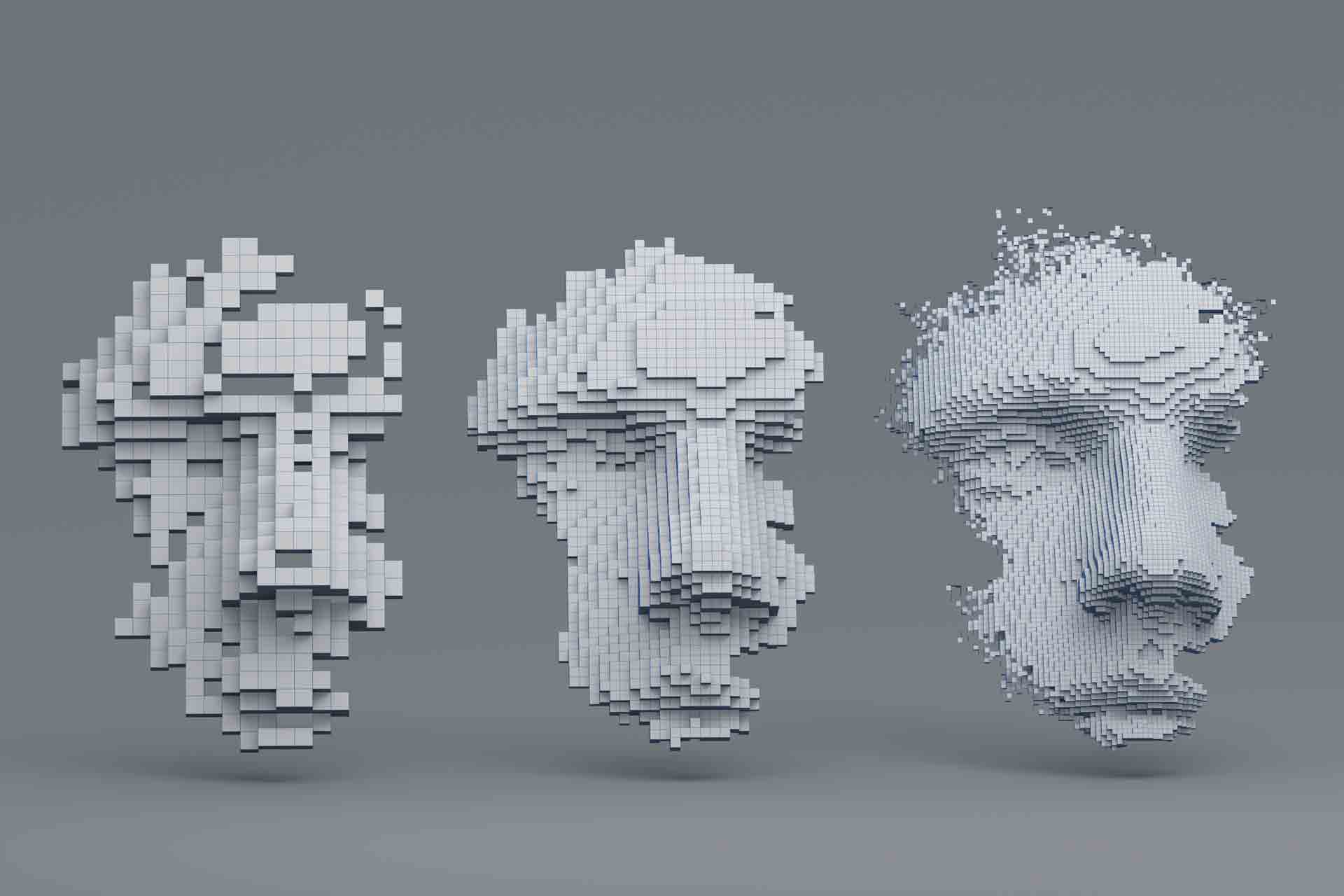
En distanciel
lundi 29 avril 2024
De 09:00 à 11:00
Intelligence artificielle hybride
Réflexivité, collaboration interdisciplinaire et dissémination de la recherche
Rapprocher les disciplines STEM et SHS dans le cadre d’un projet scientifique international.
Conférence en ligne organisée par la MSH Lyon St-Etienne dans le cadre de son axe Sociétés et humanités numériques
Intervenants : Marida Di Crosta (Univ. Lyon 3, MARGE), Hydar Saharudin (CNRS@CREATE, Singapore)
Animateurs : Fadila Bentayeb (Univ. Lyon 2, ERIC), Marie Després-Lonnet (Univ. Lyon 2, ELICO), Adrian Staii (Univ. Lyon 3, ELICO)
As artificial intelligence (AI) fields continue to rocket, their construction and outcomes require deep study. Addressing this call, the DesCartes Program implemented, among other sub-projects, an ethnographic study of its own operations. The first section of our talk reviews that novel ethnographic endeavour, as well as the challenges of ongoing ethnographic field work in a multinational, interdisciplinary, and geographically-distributed AI research program. In the second part, drawing on concrete examples, we will discuss the challenges involved in implementing a truly interdisciplinary and critical approach to AI, as well as to the dissemination of research to an audience of non-experts.
Face à la montée en puissance des applications/systèmes intégrant de l’intelligence artificielle (IA), leur construction et leurs résultats requièrent une étude approfondie. Répondant à ces attentes, le programme DesCartes a mis en œuvre, entre autres sous-projets, une étude ethnographique de ses propres opérations. Le premier volet de notre exposé passe en revue cette nouvelle initiative ethnographique, ainsi que les défis du travail ethnographique continu sur le terrain, dans un programme de recherche multinational, interdisciplinaire et géographiquement distribué. Dans le deuxième volet, en nous appuyant sur des exemples concrets, nous évoquerons les défis qu'implique la mise en place d'une approche réellement interdisciplinaire et critique de l'IA, ainsi que la diffusion de la recherche auprès d'un public de non experts.
Speakers / Intervenants
Marida Di Crosta est professeure en Sciences de l'information et de la communication à l'université Lyon 3. Depuis 2018, ses recherches portent sur l'exploration critique des cultures et des pratiques créatives basées sur l'IA - avancées et lacunes, enjeux, orientations, signification et implications socioculturelles. Elle est actuellement en délégation à Singapour en tant que Lead Principal Investigator du programme DesCartes, un projet international porté par la filiale singapourienne du CNRS sur l'utilisation de l'IA hybride dans les systèmes urbains critiques.
Marida Di Crosta is a professor in Information and Communication Sciences at the university of Lyon 3. Since 2018, her research focuses on the critical exploration of AI-based cultures and creative practices - accomplishments and shortcomings, challenges, orientations, socio-cultural significance and implications. She is currently in secondment in Singapore as Lead Principal Investigator for DesCartes Program, an international project carried-out by the CNRS’ Singaporean subsidiary on the use of Hybrid AI in critical urban systems.
Hydar Saharudin est chercheur associé au programme DesCartes du CNRS@CREATE, où il travaille dans une équipe axée sur l'ethnographie de la recherche et du développement en IA. Il est titulaire d'une maîtrise en histoire de l'Université technologique de Nanyang, avec une spécialisation en Histoire des relations entre l'ethnicité, la politique et la surveillance dans le Singapour moderne.
Hydar Saharudin is a Research Associate in the DesCartes Program of CNRS@CREATE, working in a team focused on an ethnography of AI research and development. He holds a MA in History from Nanyang Technological University, then concentrating on the historical relationship between ethnicity, politics, and surveillance in modern Singapore.
Evénement organisé par Adrian Staii (Univ. Lyon 3, ELICO), Fadila Bentayeb (Univ. Lyon 2, ERIC) et Marie Depres-Lonnet (Univ. Lyon 2, ELICO).
Informations pratiques
Inscription gratuite, mais obligatoire > formulaire en ligne
Contact : Adrian Staii (Univ. Lyon 3, ELICO) - adrian.staii (d) univ-lyon3.fr